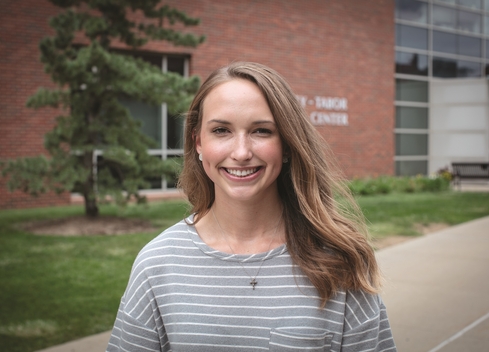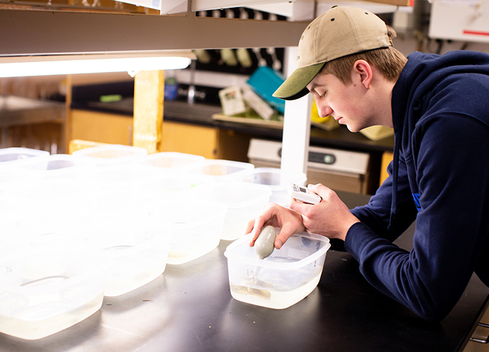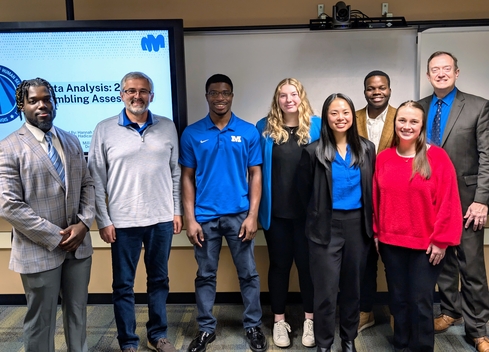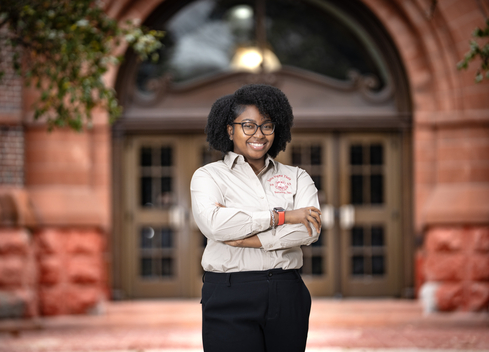Dentists care for their patients in many ways but primarily identify, prevent and correct problems of the teeth and the tissues and nerves that support them. Most dentists are private practitioners who contribute significantly to the quality of their patient's day-to-day lives by preventing tooth decay and gum disease and by treating and correcting various injuries and deformities of the neck, face and jaw.
Men and women who pursue careers in dental medicine are generally motivated, scientifically curious, intelligent, ambitious and socially conscious. Both manual dexterity and scientific ability are important to success. Dentists need skilled, steady hands as well as a good sense of space and shape. Interpersonal skills are crucial.
Prospective dental students should plan an academic program with an emphasis on science, including chemistry, biology, physics and math with at least four years of college-level pre-dental education. All dental schools approved by the American Dental Association require applicants to pass a Dental Admission Test (usually one year prior to entry into professional school). Professional school training generally requires four academic years. Clinical training usually begins in the second year. Most schools are located in or near big cities and include a department of community dentistry, which involves the treatment of patients from the community.
Following graduation, licensure requires successful completion of a state board examination. Students who wish to specialize must complete postgraduate study of an additional two to four years. A specialist becomes certified only by passing specialty board exams. Dental interns or residents can receive further training in approved hospitals.





